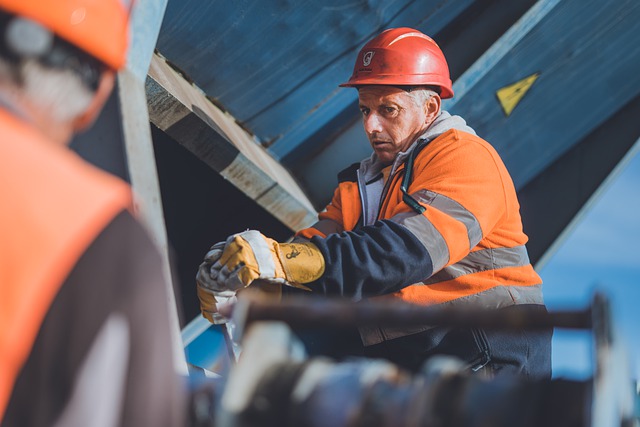

Carmen, trackmen, machinists, laborers, bridge & building workers, and pipefitters all typically have job duties that require some degree of lifting. As a result, these workers often suffer from injuries to their backs, necks, shoulders, and arms from lifting heavy objects from awkward positions. The average railroad tie, for example, can weigh up to 300 lbs. Lifting injuries are usually avoidable and are most often the result of the railroad’s failure to adequately staff jobs or provide suitable tools and equipment for a particular task. Trying to cut down on costs by eliminating jobs and workers taking on more duties can cause significant injuries to railroad workers who try to lift too much weight, or where productivity requirements cause an employee to rush and lift improperly. If you suffered because of this type of accident, a railroad lifting injury lawyer could help you file a claim.
Most American workers are covered by workers’ compensation, meaning if they suffer an injury or illness on the job, they are able to obtain benefits, regardless of who was at fault. Railroad workers, on the other hand, are exempted from workers’ compensation through a federal statute known as the Federal Employers Liability Act (FELA).
Unlike workers’ compensation, railroad workers must prove negligence on the part of the employer in order to obtain compensation for an on-the-job injury. Compensation for these injuries is not automatic just because it may have happened at work. In some cases, this can be a difficult burden to meet.
While injury claims under the FELA require proof of the railroad’s negligence, they typically result in higher recoveries. With workers’ compensation, there are fixed monetary awards that are set by each state and are only available to cover medical expenses, two-thirds of pre-tax wages, and compensation for a permanent disability. Under this law, there is no limit to the amount of compensation that can be obtained for on-the-job injuries. Similar to a personal injury lawsuit, railroad workers can pursue claims for the full amount of damages they suffer, which may include non-economic losses such as pain and suffering, emotional distress, and diminished quality of life.
You should not try to handle claims on your own. A railroad lifting injury lawyer can be crucial to establishing railroad negligence and obtaining full and fair compensation for lifting injuries. If you would like to discuss your accident and how you might be eligible for compensation, please contact us today.



© 2026
Doran & Murphy, PLLC
All rights reserved | Attorney Advertising